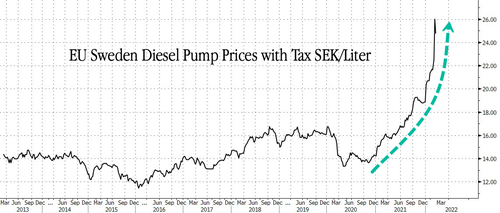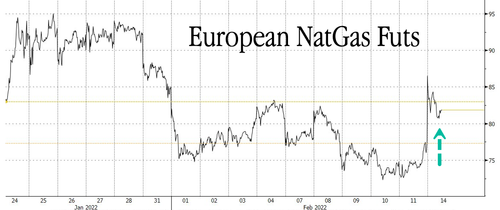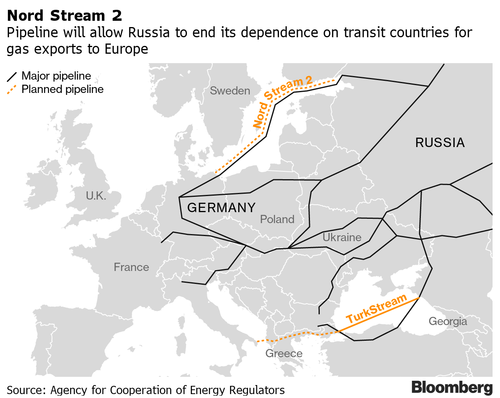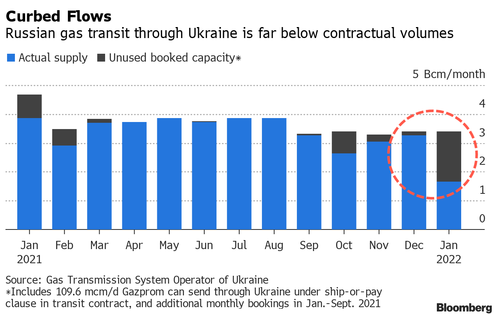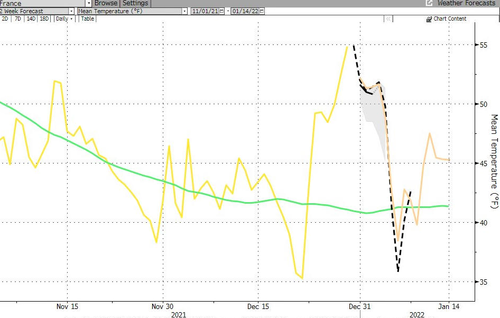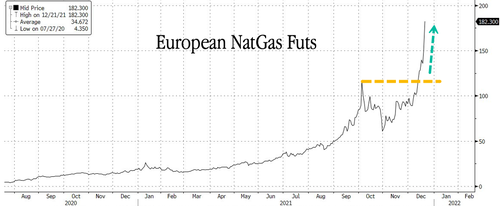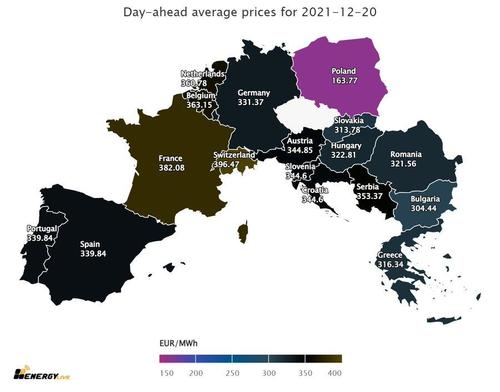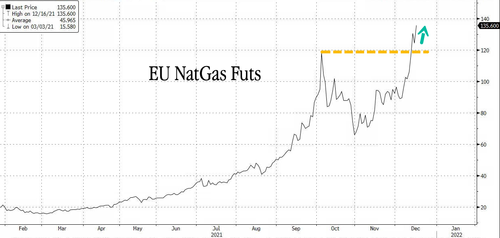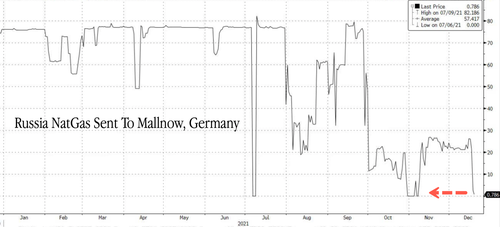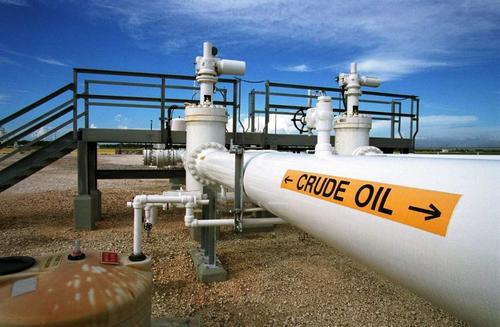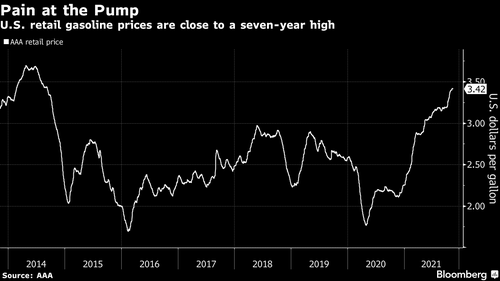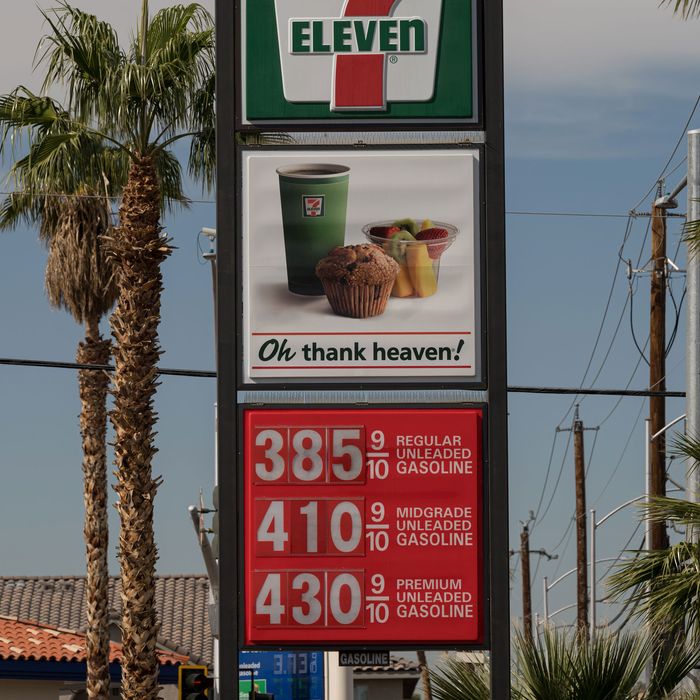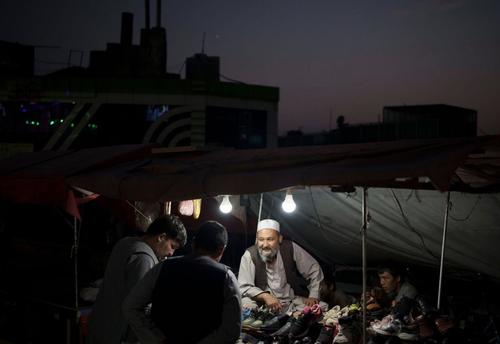We are just at the beginning of consumers’ energy bill troubles, Big Oil executives have warned as they reported bumper earnings thanks to higher oil and gas prices.
“I’ve no good news to deliver, oil prices will remain high,” TotalEnergies’ chief executive Patrick Pouyanne told media recently in comments on the current situation with energy costs in Europe.
The comment was echoed by the Asian head of commodity major Vitol, Mike Miller, who earlier this month noted low global oil inventories and limited spare production capacity as the reason for his expectations that oil will yet go up.
BP’s Bernard Looney also projected higher energy prices. He called it “volatility” and said oil supply could decline further this year, supporting prices of over $90 per barrel.
“We expect a tight gas market going forward and we expect volatility in power price development,” Equinor’s chief executive, Andres Opedal chimed in at the release of the company’s latest financial results, as quoted by Reuters.
There are two things that all the Big Oil majors quoted share. The first is strong profits resulting from that very same tight supply, coupled with strong demand. The second is the absence of plans to ramp up oil production.
Europe’s Big Oil has been under growing pressure to reduce its emission footprint. Shell even got sued for it and was ordered to slash its emissions. The way to do it: cut oil production.
…click on the above link to read the rest of the article…


